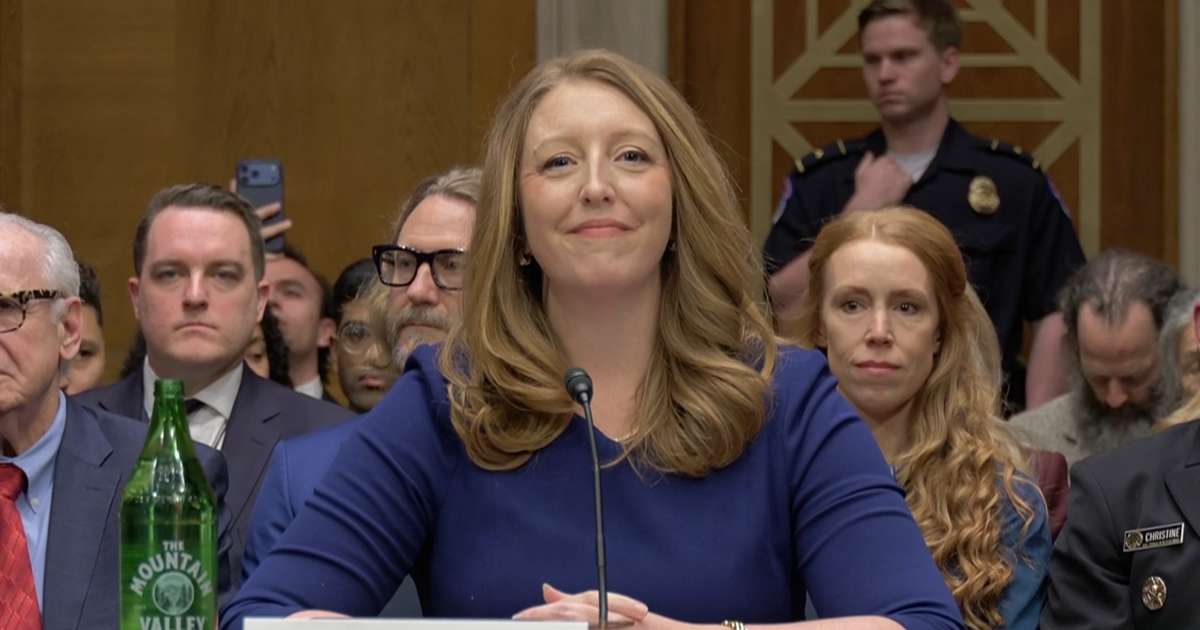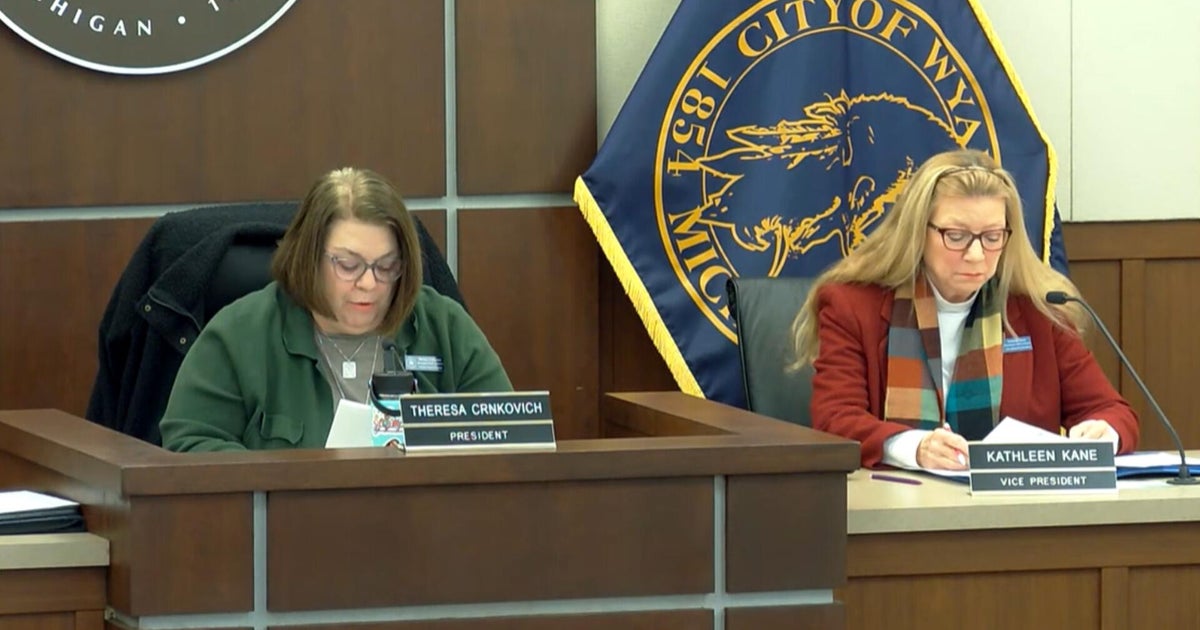Startup halts treatment using young people's blood after FDA warning
A startup called Ambrosia Health that offered transfusions of young people's blood to supposedly reverse aging is ending the controversial treatment after a warning from the Food and Drug Administration.
"In compliance with the FDA announcement issued February 19, 2019, we have ceased patient treatments," the company's posted on its website within hours of the agency's statement.
Founded in 2016 by Stanford Medical School graduate Jesse Karmazin, starting last fall Ambrosia offered intravenous infusions of plasma from donors aged 16 to 25. Customers could purchase one liter of the blood for $8,000 or two liters for $12,000. Patients could book an appointment in one of five cities and pay for the service online.
"There are pretty much people from most states, people from overseas, people from Europe and Australia have come to be treated," Karmazin, who was never licensed to practice medicine, told a CBS affiliate in October.
Ambrosia did not immediately respond to a request for comment.
Ambrosia purportedly enrolled people in the first U.S. trial designed to determine what happens when the veins of older adults are filled with blood from younger people. While the results have not been publicly released, Karmazin told Business Insider last year that they were "really positive." Among those reportedly expressing interest in the approach was noted tech investor Peter Thiel, who has explored treatments for fighting aging.
That seemingly came to a halt on Tuesday, with the FDA stating it has "significant public health concerns" about those promoting the use of plasma from young donors as a means to halt normal aging or treat serious medical conditions, such as Alzheimer's or heart disease.
"There is no proven clinical benefit of infusion of plasma from young donors to cure, mitigate, treat or prevent these conditions, and there are risks associated with the use of any plasma product," FDA Commissioner Scott Gottlieb and Peter Marks, director of the FDA's Center for Biologics and Evaluation and Research, said in a statement.
Plasma is the liquid part of blood, and holds proteins to help blood clot. Plasma infusion is an approved use by the FDA in trauma settings or in those whose blood doesn't coagulate.
The idea of using plasma from young people to infuse intravenously into aging recipients has gained some steam in recent months, but research using mice has reportedly yielded mixed results. Stat News detailed a $195-a-head symposium last year in which attendees were pitched scientifically dubious elixirs to slow down their clock.
The FDA warned consumers and health care providers that treatments using plasma from young donors have not undergone testing normally required by the agency to ensure their benefit and safety.
"We strongly discourage consumers from pursing this therapy outside of clinical trials under appropriate institutional review board and regulatory oversight," the FDA officials said.
"Moreover, reports we're seeing indicate that the dosing of these infusions can involve administration of large volumes of plasma that can be associated with significant risks including infectious, allergic, respiratory and cardiovascular risks, among others," they added.



